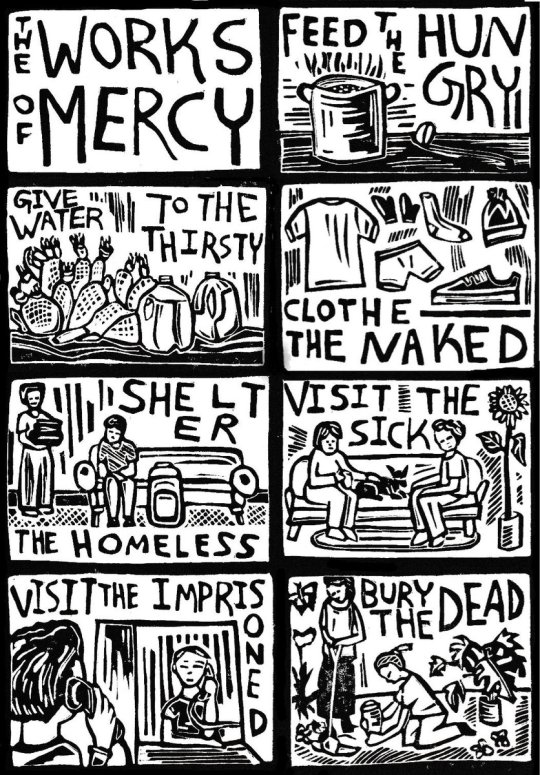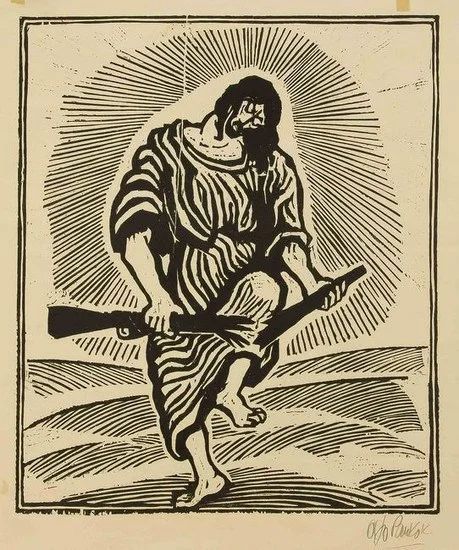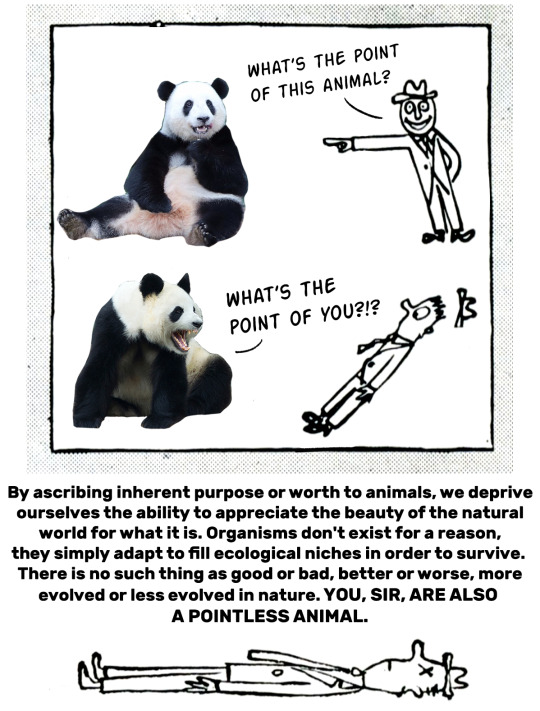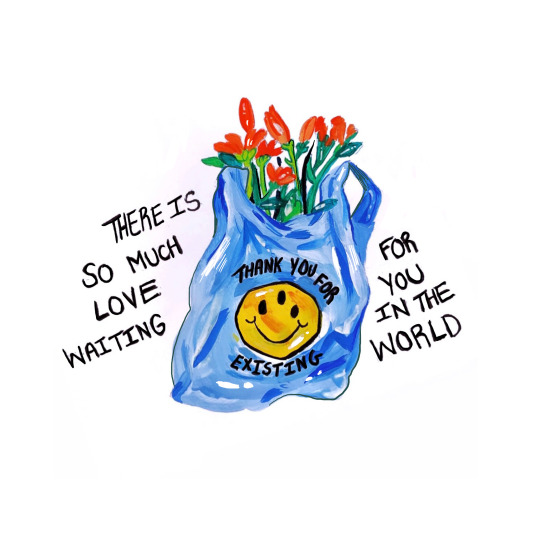A theistically-neutral, humanistic ministry dedicated to creating a close, loving community & working towards the renewal of the world. We're slowly getting started.
Don't wanna be here? Send us removal request.
Text
Disabled people have to live somewhere poor people have to live somewhere you cant just exclude us from everywhere
107K notes
·
View notes
Text
I don’t really know what to think at this moment.
On the way home, when I got on the bus, I saw a woman I see regularly. She is severely, and I mean, severely mentally ill. As in, screaming at her coffee cup that she “does not have any information, so please stop” for 10 or 15 minutes at a time, mentally ill.
When I saw her, I immediately prayed for her. Not because I didn’t want her to scream the entire ride. I have mostly gotten used to that. I just prayed for her because it breaks my heart to see her. I said, “ if there is any way that I can help, let me help.”
I did not expect to have my prayer answered. So I just started playing on my phone like any person on public transportation in 2025. I figured I had four minutes maximum before the screaming started. Instead, maybe a minute and a half later, she waved to get my attention. I looked up from my phone and she was smiling at me.
She wanted to know about my mask. I told her about it, and we had a beautiful conversation the entire ride until I got home. Her master’s degree is in antiquities and classical languages.
She said she was willing to help me with Koine (ancient Greek).
Now, understand. I don’t think that I have a new Greek teacher (so to speak), but I think I do have a new friend. At least when she is able to be at peace (with herself). Which maybe I can help with. Dunno, but I will if she wants help.
I assume my meeting this evening will not be anything as nourishing as that encounter, but I never expected my commute to be nourishing either.
Let’s pray for each other and hope for the best.
17 notes
·
View notes
Link
In July, the Supreme Court of Sweden ruled in a landmark case that a relationship doesn’t have to involve sex to be considered significant. In a case involving an asexual couple in which one of the two parties is deceased, the court emphasized that a relationship should be characterized by a close community in personal terms that normally occurs between married people and that sex doesn’t have to be involved for that to happen. It was a significant win for asexual people in Sweden.
However, in America, a darker reality exists for asexuals even on this Ace Week, as religious nationalist groups are actively trying to block the Respect for Marriage Act from passing in the Senate. Not only is the religious right seeking to ban gay marriage once again, but they have also signaled a future attack against asexual marriages.
As obtained by Politico, some 83 Christian nationalist groups (led by the Alliance Defending Freedom) released a letter in July imploring Senate Minority Leader Mitch McConnell (R-KY) to block the Respect for Marriage Act, because marriage equality somehow opens the door to further immorality, like platonic marriages.
The Witherspoon Institute, a right-wing think tank founded by Robert P. George (who founded the anti-LGBTQ hate group American Principles Project), came out with an op-ed entitled “Why We Should Push Back against Platonic Marriage.” The editorial’s author, Alan J. Hawkins, laments the idea of asexual marriages existing because he feels allowing asexual marriages will lead to a “marriage inferno.”
the right-wing is actively working to legitimize any marriage that doesn’t result in reproduction.
5K notes
·
View notes
Text
“If it’s natural to kill, how come men have to go into training to learn how?”
— Joan Baez, Quaker pacifist and folksinger
312 notes
·
View notes
Photo

Illustration of the Works of Mercy, from Sarah Fuller, LA Catholic Worker.
5K notes
·
View notes
Photo

Illustration of the Works of Mercy, from Sarah Fuller, LA Catholic Worker.
5K notes
·
View notes
Text
There is a story of Saint Maria of Paris that when, in occupied France, a Nazi solider approached her and asked her if she knew of any Jewish people she replied "Yes" and went and directed the solider to an icon of the Virgin Mary with the infant Jesus.
So I think, if a govement officer approches you and asks you if you know of any illegal immigrants you too can do as the saint did then and direct them to an icon of the Virgin Mary and the infant Jesus.
3K notes
·
View notes
Text
if someone is beating you with a stick and you say "stop please" and people are like "please articulate the details exactly how you want society to function without that guy beating you with a stick" you are under no obligation to answer.
while the work of envisioning society without police is worthwhile, it is not necessary that each of us have it at the tip of our tongues, it is easy enough to say "not this."
because, after all, the goal is not to, as individuals or some vanguard, have the answers, the goal is to solve these problems and build new societies as a society, collectively, we offer processes, not answers.
the answers, we'll figure them out together, for now, abolish the police, we are not safer for having an armed gang that enacts racist violence with impunity.
— Margaret Killjoy
3K notes
·
View notes
Text
187K notes
·
View notes
Text

"Christ Breaks the Rifle", a 1950 woodcut by Otto Pankok
747 notes
·
View notes
Text
Dehumanizing bigots is bad, not because I want to be nice to them, but because they are human beings and they serve as a reminder that anyone is capable of evil ideation and action. Violent bigots are not fundamentally different beings from you. They are human beings, who have developed a reactionary and destructive belief system due to their circumstances combined with their biases. In a different timeline, that could've been you. Anyone can be radicalized. Nobody is immune to propaganda, not even the person reading this.
38K notes
·
View notes
Text
Hey I'm gonna sound preachy and sappy for a second but I have something on my mind and sometimes people listen to me.
In the face of fascism we cannot win through hate alone. Being filled with hate is poisonous and will make you both miserable and irrational. We have to love eachother more than we hate them. It's so easy to be consumed by hate but it's a mistake to let that define us. Even just trying to survive in our lives, we have to move forward with our community in our heart.
512 notes
·
View notes








